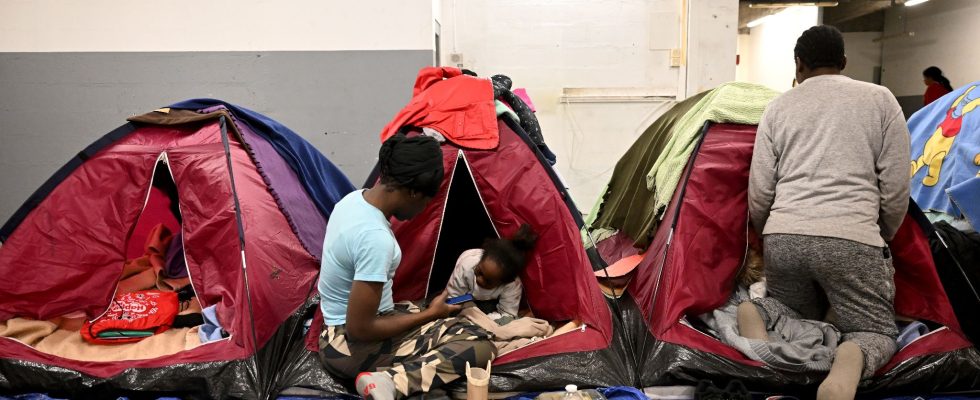996,000 asylum applications were registered in 2022 in European countries, according to the annual report of the European Union Agency for Asylum (AUEA) published on Tuesday 4 July. This is a record since 2016. At the time, 1.2 million asylum applications had been filed.
To these 996,000 requests are added the 4 million Ukrainians who fled the Russian invasion and benefit from a special status within the European Union, specifies the AUEA, which underlined the “pressure” exerted on the national reception systems.
The most represented nationalities are roughly the same as in 2021. Asylum seekers, at 71% of men, are mainly from Syria (138,000 applications), Afghanistan (132,000 applications), Turkey (58,000), Venezuela (51,000) or Colombia (43,000). Some 39% of them received a positive response, which corresponds to the highest “recognition rate” since 2017. The nationalities with the highest recognition rate are Syrians (93%), Ukrainians (86 %) and Eritreans (84%). It should be noted that 42,000 applications were submitted by unaccompanied minors, two thirds of whom are from Syria and Afghanistan.
Five countries concentrate 70% of requests
At the receiving country level, the data concern the 27 countries of the European Union, as well as Switzerland, Norway, Iceland and Liechtenstein. But only five States concentrate 70% of asylum applications. These are Germany (244,000 requests), France (156,000 requests), Spain (118,000), Austria (109,000) and Italy (84,000). Next come, far behind, Greece and the Netherlands, which each recorded 37,000 requests in 2022.
These results come as the European Union negotiates a reform of its migration policy. This provides in particular for a system of solidarity between Member States in the reception of asylum seekers. If adopted, countries will be required to host a certain number of applicants arriving in the European Union, or failing that, to make a financial contribution equivalent to 20,000 euros for each refugee not relocated.
Spanish Prime Minister Pedro Sánchez, whose country holds the rotating presidency of the European Union, said on Monday that he wanted to complete the reform by the end of the year, despite fierce opposition from Hungary and Poland. . The deal – approved by qualified majority by EU interior ministers in early June – now has to be negotiated with the European Parliament.
